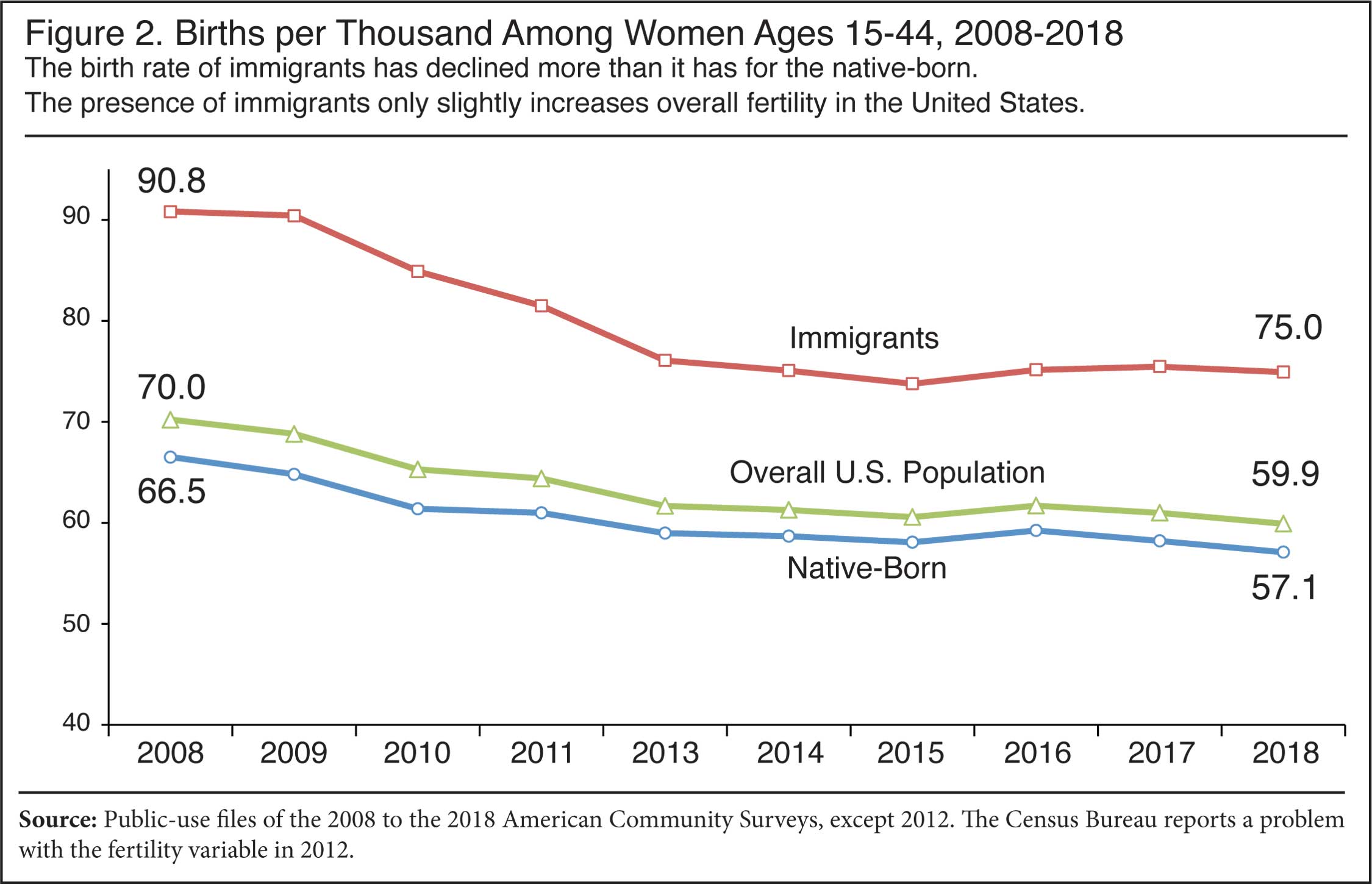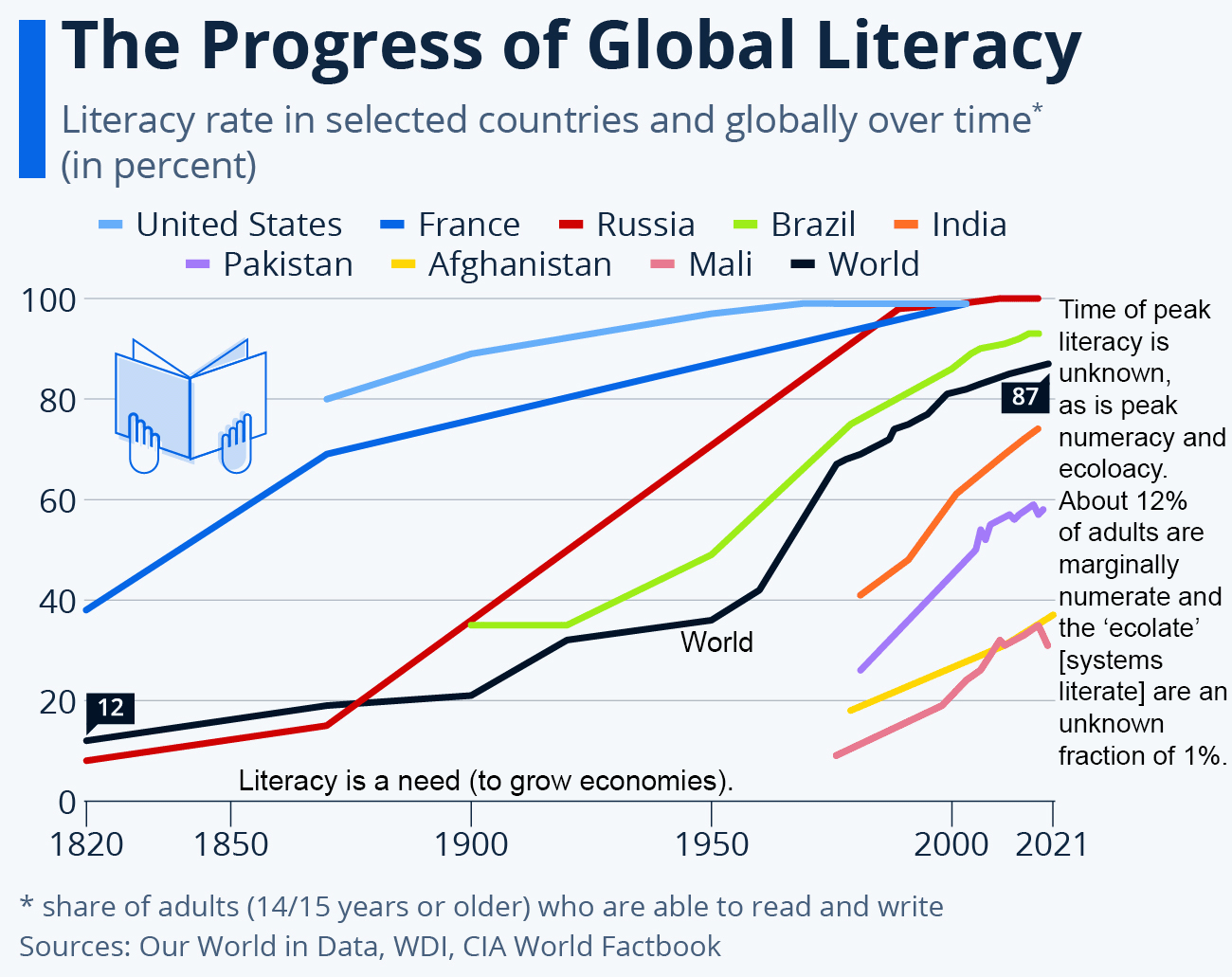
SUNDAY, MAR 7, 2021: NOTE TO FILE

Garrett Hardin
Racist who wanted to kill Black babies
Eric Lee, A-SOCIATED PRESS
TOPICS: POPULATION, FROM THE WIRES, IMMIGRATION ISSUES
Abstract: Garrett Hardin was an early target of left-leaning cancel culture. The main trigger was an article he wrote for Psychology Today in 1974, Lifeboat Ethics: the Case Against Helping the Poor. Hardin was among the first members of the Society for General Systems Research.
COOS BAY (A-P) — As viewed by the Southern Poverty Law Center:
EXTREMIST INFO
Born 1915
Died 2003
Group: Federation for American Immigration Reform, The Social Contract Press
Ideology: White Nationalist
"Hardin used his status as a famous scientist and environmentalist to provide a veneer of intellectual and moral legitimacy for his underlying nativist agenda, serving on the board of directors of both the anti-immigrant Federation for American Immigration Reform and the white-nationalist Social Contract Press. He also co-founded the anti-immigrant Californians for Population Stabilization and The Environmental Fund, which primarily served to lobby Congress for nativist and isolationist policies.
For almost 60 years, Garrett Hardin used his authority as a respected, if controversial, ecologist at the University of California, Santa Barbara, to integrate nativist attitudes towards race and immigration into the American environmentalist movement. He portrayed overpopulation as an existential threat, and based many of his arguments on racist, pseudo-scientific assertions about immigrants’ fertility rates [he claimed they are higher]. Supported by grants from the Pioneer Fund [$29,000, the second lowest amount], a foundation dedicated to the promotion of racist pseudo-science, Hardin prophesied a total collapse of civilization if [global population growth and open border] immigration, particularly non-white [?] immigration [e.g. high fertility Islamists immigrating to non-Islamist countries due to cultural incompatibility?], was allowed to continue unabated. He worked within both academic and activist circles to make [population growth and] immigration an environmental issue by convincing the public that impending environmental disaster could only be averted by [limiting population growth by birth control including abortion and limiting immigration, e.g. from failed states] sealing the borders [to would-be self-selected immigrants], cutting off relief efforts and foreign aid to poor nations [who may be doubling population every 14 years], and working to purge as much ethnic and cultural diversity from the United States as possible. [Read some of his 27 books and 350+ articles]
... After his death, John Tanton and Wayne Lutton founded the Garrett Hardin Society to continue Hardin’s mission of transforming environmentalism into a weapon to use against immigrants, minorities and poor nations."

As Wikipedia notes: "A major focus of his career, and one to which he returned repeatedly, was the issue of human overpopulation. This led to writings on controversial subjects such as advocating abortion rights, which earned him criticism from the political right, and advocating strict limits to all immigration, which earned him criticism from the political left. In his essays, he also tackled subjects such as conservation and creationism."
Given that only White racists use 'overpopulation' as a veneer to mask their true agenda (killing Black babies), it follows that everything Garrett Hardin ever wrote or said can be dismissed, especially what he wrote for The [white-nationalist, supremacist, nativist, racist, anti-immigrant, far-right, fascist] Social Contract.
Articles and Essays
An Ecolate View of the Human Predicament (view article)
"As a result of discussions carried out during the past decade I now suggest a better wording of the central idea: Under conditions of overpopulation, freedom in an unmanaged commons brings ruin to all."
![]() Carrying Capacity and Quality of Life, The Social Contract, Spring, 1991.
Carrying Capacity and Quality of Life, The Social Contract, Spring, 1991.
"We can maximize the number of human beings living at the lowest possible level of comfort, or we can try to optimize the quality of life for a much smaller population."
![]() Carrying Capacity As an Ethical Concept, The Social Contract, Fall, 2001.
Carrying Capacity As an Ethical Concept, The Social Contract, Fall, 2001.
"I argue that we would do well to accept 'Thou shalt not exceed the carrying capacity of any environment' as a legitimate member of a new Decalogue. When for the sake of momentary gain by human beings the carrying capacity is transgressed, the long-term interests of the same human beings - 'same' meaning themselves and their successors in time - are damaged."
Cultural Carrying Capacity, 1986. (view article)
"The naive question, 'What is the human carrying capacity of the earth?' evokes a reply that is of no human use. No thoughtful person is willing to assume that mere animal survival is acceptable when the animal is Homo sapiens. We want to know what the environment will carry in the way of cultural amenities, where the word culture is taken in the anthropological sense to include all of the artifacts of human existence: institutions, buildings, customs, inventions, knowledge... When dealing with human problems, I propose that we abandon the term carrying capacity in favor of cultural carrying capacity or, more briefly cultural capacity."
Ethical Implications of Carrying Capacity, by Garrett Hardin, 1977. (view article)
"The concept of carrying capacity calls for the conservative, balanced equation type of thinking that has led to the triumphs of thermodynamics and modern chemistry. But applied to human problems connected with exploiting the environment the concept of carrying capacity has been perceived as a threatening one. As regards populations of non-human animals and plants, we are just now beginning to grapple with the implications of carrying capacity. When it comes to humanity itself, it is doubtful if we yet have the courage to systematically examine all possibilities..."
Limited World, Limited Rights, Garrett Hardin, Society, May/June 1980 (view article)
From Shortage to Longage: Forty Years in the Population Vineyards, by Garrett Hardin, 1991. (view article)
Lifeboat Ethics: the Case Against Helping the Poor, Psychology Today, September 1974 (view article)
![]() Living on a Lifeboat, The Social Contract, Fall, 2001; reprinted from BioScience, October, 1974. (view article)
Living on a Lifeboat, The Social Contract, Fall, 2001; reprinted from BioScience, October, 1974. (view article)
"Observant critics have shown how much harm we wealthy nations have already done to poor nations through our well-intentioned but misguided attempts to help them."
![]() Perpetual Growth - The Next Dragon Facing Biology Teachers, The Social Contract, Fall, 1994.
Perpetual Growth - The Next Dragon Facing Biology Teachers, The Social Contract, Fall, 1994.
"The idea of perpetual growth is embraced with religious fervor by mainstream economists and other worshipers of 'Progress' - the material sort of progress, that is... Our students are society's next generation-inpower. We owe it to them, to society at large, and to posterity to help students build their expectations on a realistic basis. Exponential growth needs to be seen as a severely time-limited process, for which costs must be paid. Growth is ultimately limited by the environment, a truth that ecologists encapsulate in the concept of 'carrying capacity'."
Rewards of Pejoristic Thinking, 1977. (view article)"The ecolate view is not welcome to timid minds. Even if you come up with a true answer, you may have a hard time persuading others that you are on the right track. But we have to try. Literacy, numeracy, ecolacy: we need all three abilities."
"For a quarter of a century international philanthropy has been largely guided by optimistic laissez faire doctrines, and now there are a billion more poor people than there were when we started trying to save the world. Belief in providence dies hard."
"To save humanity from eating itself to extinction we must abandon the dominant religion of the past three centuries - Lockean individualism - and dedicate ourselves to a new - and also very old - commitment to community. This change in overall ideals will require many changes in particulars. As concerns the problems here discussed we must recognize that - One: Birth control is an individualistic goal, achievable by each individual (or couple) alone. Two: Population control is a philanthropic goal, not achievable by charitable actions alone."
"A finite world can support only a finite population; therefore, population growth must eventually equal zero... When this condition is met, what will be the situation of mankind? Specifically, can Bentham's goal of 'the greatest good for the greatest number' be realized?"
The Tragedy of the Commons - Extension, 1998, published by The American Association for the Advancement of Science (view article)
My first attempt at interdisciplinary analysis led to an essay, "The Tragedy of the Commons."
![]() The Toughlove Solution, By Garrett Hardin Newsweek, October 26, 1981, p. 45.
The Toughlove Solution, By Garrett Hardin Newsweek, October 26, 1981, p. 45.
![]() There Is No Global Population Problem, The Social Contract, Fall, 2001. (view article).
There Is No Global Population Problem, The Social Contract, Fall, 2001. (view article).
"The moral is surely obvious: Never globalize a problem if it can possibly be solved locally. It may be chic but it is not wise to tack the adjective global onto the names of problems that are merely widespread - for example, 'global hunger,' 'global poverty,' and the 'global population problem.' We will make no progress with population problems, which are a root cause of both hunger and poverty, until we deglobalize them.
Populations, like potholes, are produced locally and, unlike atmospheric pollution, remain local - unless some people are so unwise as to globalize them by permitting population excesses to migrate into the better-endowed countries. Marx's formula, 'to each according to his needs,' is a recipe for national suicide. 'Don't try to solve your population problem by exporting your excess people to us.' All nations should take this position, and most do. Unfortunately, many Americans seem to believe that our nation can solve everyone else's population problems."
"I have augmented C. P. Snow's two paths to a culture (the literate path and the numerate path) with a third one, the 'ecolate' path... It is now clear that as the human mind processes the inputs from experience it uses three different filters, each connected with its characteristic question. -
Literacy: What are the appropriate words? Numeracy: What are the operational numbers? Ecolacy: And then what? More consistently than the first two filters, the ecolate filter is focused on time and the probable consequences of a proposed action. Ecolacy presumes a consequentialist ethics (which is often at odds with the motivational ethics produced by earlier, and predominantly literate, intellectuals)."
Who Benefits? Who pays?, from Filters Against Folly (1985) (view article)"The progress of science - indeed of all positive knowledge - depends on the courage of Thoreau's 'majority of one' in the face of nearly unanimous error."
"The idea of negative responsibility is ... a paradoxical concept, but an immensely useful one. The unmanaged commons exhibits negative responsibility, since it actually pays the individual decision maker to make the wrong decision. It is this negative responsibility that generates the tragedy."

